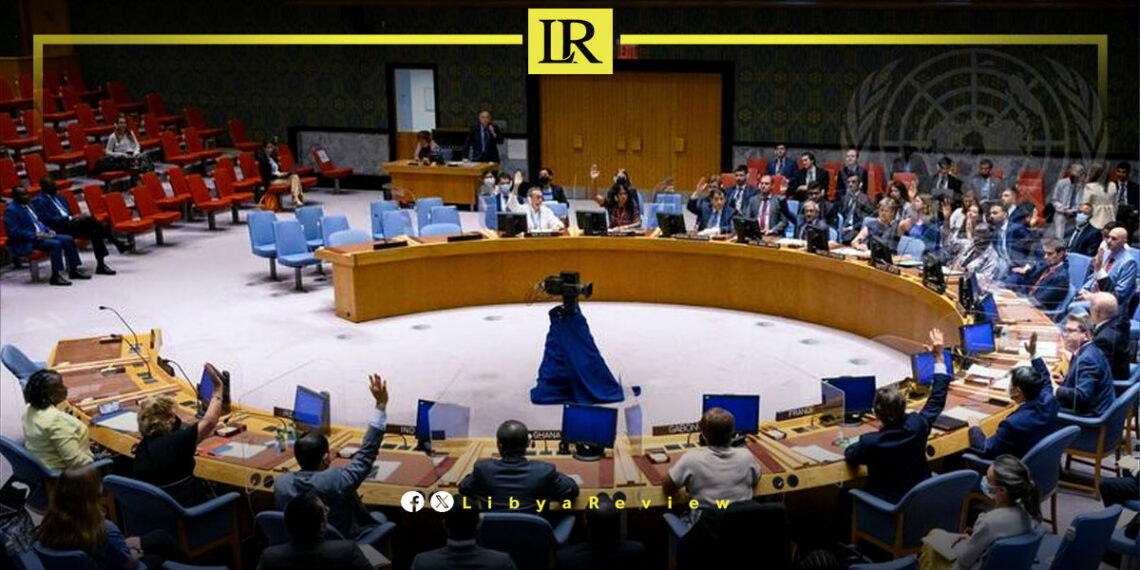The United Nations Security Council is set to convene on Tuesday for a briefing session focusing on Libya’s current political, security, and humanitarian landscape.
UN Special Representative Hanna Tetteh will lead the briefing, providing council members with updated insights into the evolving situation on the ground.
Tetteh’s report is expected to cover several critical areas. On the political front, she will address the entrenched deadlock between rival administrations and the stalled efforts to form a unified government. The briefing will also address institutional shortcomings, including the delayed passage of key legislation and ongoing struggles over authority between Tripoli-based and Benghazi-based bodies.
Security concerns will feature prominently in Tetteh’s update, highlighting recent skirmishes between armed groups, the instability along border areas, and the broader implications for national stability.
She will equally explore the humanitarian dimension: the conditions of internally displaced persons, limited access to essential services like healthcare and clean water, as well as the resumption of infrastructure repair in conflict-affected zones.
Following the briefing, council diplomats expect the Security Council to issue a formal statement endorsing the work of Libya’s Advisory Committee, an independent body tasked with facilitating dialogue aimed at bridging political divides. The statement may also call on all Libyan parties to resume negotiations, implement confidence-building measures, and act swiftly to avoid further deterioration.
Observers note that Security Council involvement at this juncture aims to reinforce the UN’s mediation efforts, maintain momentum ahead of scheduled electoral planning, and safeguard humanitarian corridors.
Council members may also consider establishing benchmarks or deadlines tied to the advisory committee’s progress, security sector reform, and the groundwork for credible elections, aligning with the directives of UN Security Council Resolution 2570.


